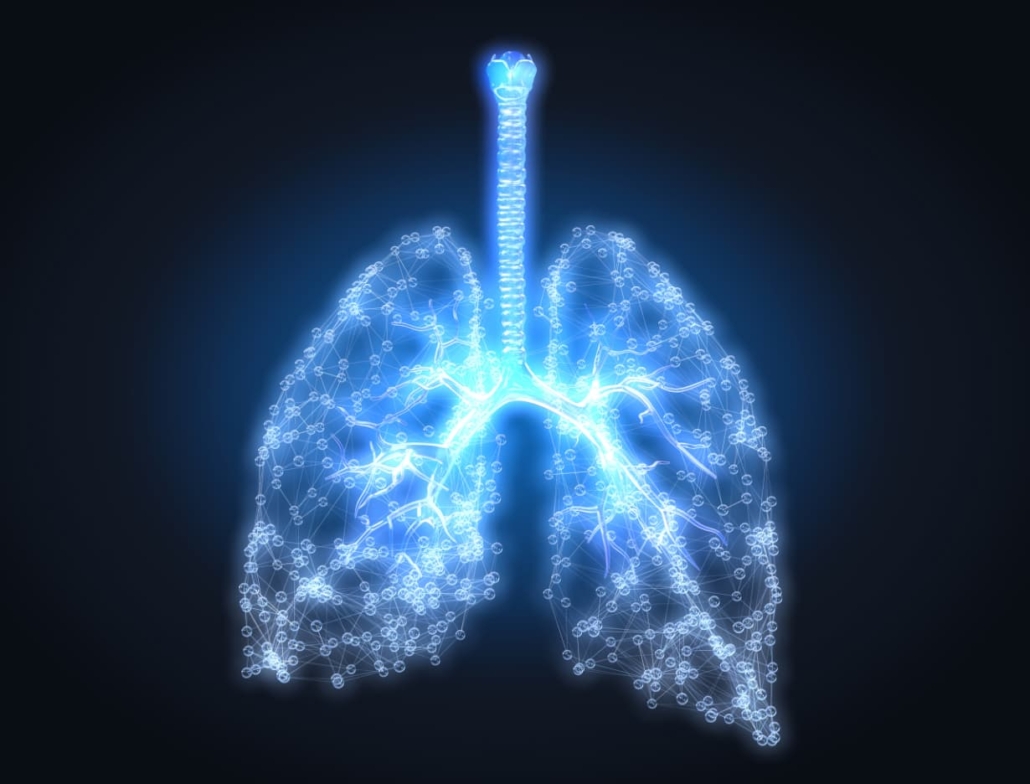New flow cytometry guidelines support bioAffinity’s lung cancer test
bioAffinity Technologies’ Vice President of Diagnostics, Dr Jennifer Rebeles, has contributed to a new set of guidelines for flow cytometry testing on rare matrix samples. The peer-reviewed paper, published in Cytometry Part B: Clinical Cytometry, addresses the challenges and considerations in validating assays with unique sample types.
The new guidelines supplement the Clinical and Laboratory Standards Institute (CLSI) Guideline H62, expanding its scope beyond common biological samples to include specialised matrices such as sputum. This development is particularly relevant to bioAffinity’s CyPath® Lung test, a non-invasive assay for early lung cancer detection that utilises sputum samples.
Dr Rebeles commented: “Our CyPath Lung noninvasive test for the early detection of lung cancer is a novel test that uses sputum, a unique sample type that is not typically used in clinical flow cytometry assays.”
Addressing technical challenges
The paper acknowledges the technical hurdles associated with unconventional samples in flow cytometry, including high viscosity, presence of inhibitors, cellular debris, and unique tissue morphology. These factors often necessitate adjustments to standard flow cytometry techniques to ensure accurate and reliable results.
Clinical implications
CyPath Lung has demonstrated 92% sensitivity and 87% specificity in detecting lung cancer in individuals with pulmonary nodules 20 millimetres or less. The test employs proprietary advanced flow cytometry and artificial intelligence to identify cell populations indicative of malignancy in patient sputum.
Dr Rebeles noted: “The new guidelines support the way we have validated the CyPath Lung assay in our own laboratory, including customised protocols, specialised reagents, optimised cytometer settings and unique gating strategies.”
The publication of these guidelines reflects the growing use of specialised samples in flow cytometry and provides a framework for validating assays using rare matrices for clinical applications.
- For more information, visit: bioaffinitytech.com


